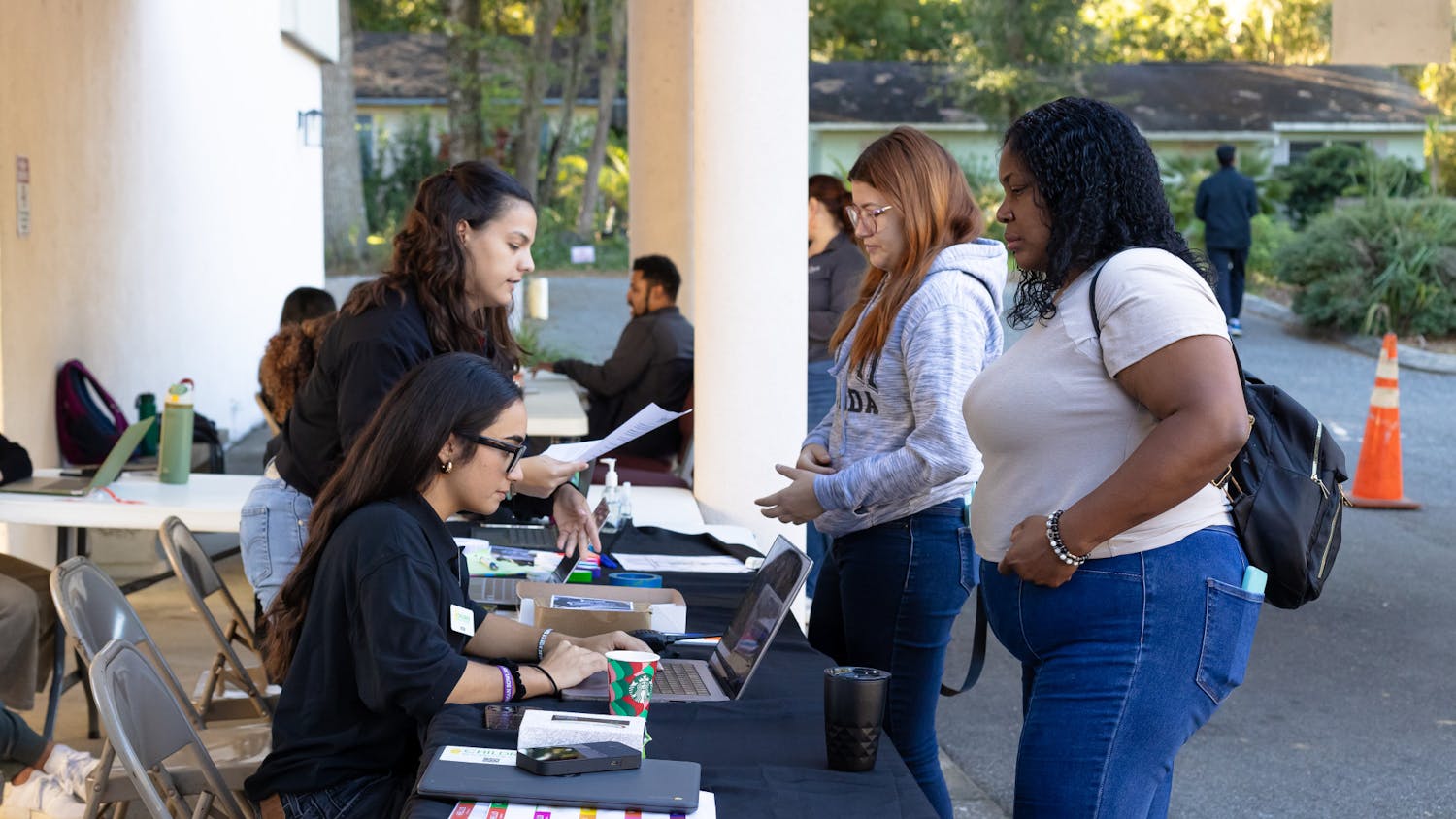As checking e-mail and surfing social-networking sites have become compulsive for many college students, professors around the country - and at UF - have begun limiting laptop use in classrooms.
Professors cite computers as distractions, especially when students can access the Internet to check e-mail and play games under the guise of taking notes.
While UF officials said there are no plans to ban laptops or block wireless signals across the university, some UF professors have already taken such moves in their classes, and more are planning to do so in the fall.
Meanwhile, the University of Chicago's law school has taken the decision out of the hands of professors and shut off Internet access in all its classrooms.
George Dawson, associate dean of academic affairs at the UF Levin College of Law, said turning off wireless hubs in UF's law classrooms would not be worthwhile because students could pick up other signals or use Internet on their cell phones.
Dawson said UF officials discussed implementing a university-wide laptop-use policy about four or five years ago, but chose to leave the decision up to individual instructors.
Since fall 2006, Jeffrey Harrison, a UF law professor, said he has banned first-year law students from using laptops in his classes.
Harrison said he instituted this policy after seeing students in another classroom checking their e-mail, shopping and downloading pornography.
Even if students are taking notes on their laptops, they become so preoccupied with catching every word that they tune out the class discussion and don't think critically about the material, he said.
Upperclassmen tend to take notes more effectively, so he lets them use laptops, he added.
Harrison said he also recognizes the advantages of having a laptop in certain upper-level classes, such as copyright law. He said he likes students to be able to personally view certain Web sites as he lectures.
The benefits of having laptops in class have kept Haywood Smith, a UF associate professor of astronomy, from restricting them in his classes. But starting in the fall, Smith said he'll most likely ban computers from his classes because he can't make sure students are paying attention.
"I don't know if they're typing notes or if they're playing video games or what the heck they're doing," he said.
Charles Telesco, another UF astronomy professor, said he already prohibits laptops in his classrooms.
Steve Orlando, UF spokesman, said decisions about laptop use are up to individual professors, and UF has no plans to institute a university-wide policy.
However, Virginia Maurer, a UF business professor and chairwoman of UF's graduate MBA program committee, said the program will implement a complete "lids down" policy for all its courses when the next class enters.
Maurer said most professors already adhere to this standard, and the committee's move makes it an official policy.
The policy means, "No multi-tasking on electronic devices," she said. "Period."





